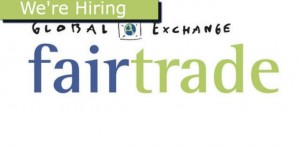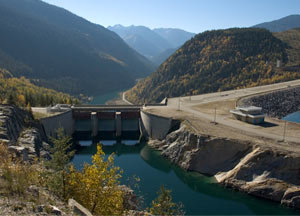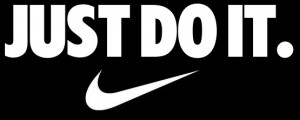This is a response toVanessa Lee’s blog, titled, “when will women earn respect in boardrooms?” published on 26/10/14. This topic interests me because it’s an ongoing debate as to whether gender equality is possible? There are many traditional theories and beliefs that prove otherwise that I tend to disregard. I believe that women are equally or even more capable than men in certain executive positions. But why are we still talking about gender equality? Are women really seeking these positions or are there no opportunities available? I feel that women have been held in an inferior position for so long that it has become a mindset. Only a few have managed to escape from the doubt created.
I agree with Vanessa Lee that the attitude women are having is not right. Instead of pursuing the position aggressively, they are more passive in their approach. It’s similar to having presidential elections between a man and a woman. The man might have prepared better and convinced most of the citizens that he is the best candidate; however the woman wins just because there has never been a female leader and they see this as the best opportunity to place her as the first female president. That is the greatest of deceptions! If that were the case, we would say that there is gender inequality towards men. Women need to chase their dreams, the same way Obama did. He worked to be the first Black President of America, by proving he is the better candidate and not because Martin Luther King had a dream of the first black president.
Could the government be the villain in their attempts to force equality? Policies such as hiring based on sex, allocating 50% of executive positions to women and offering benefits to companies that actually follow them make potential women candidates lazier? Or are businesses using gender stereotypes in which women are portrayed as more “loyal” and “caring,” whilst men as “competent” and “guardians.” If that’s the case the question should bewhether we actually need to work hard for our future? What are we doing in university if that would be the basis of employment?
This can prove that people have misinterpreted the word gender empowerment as handing power regardless of whether they deserve it or not. Women need to break out and chase their dreams because sitting down and waiting for them would not work. I support the notion of gender equality but it should not be set as a burden to males’ prospects of achieving their dreams especially if they are better candidates. Personally, I do not mind being led by a woman but only if I know she deserves to be in that position.
Bibliography
[1] https://blogs.ubc.ca/vlee/ Vanessa Lee “WHEN WILL WOMEN EARN RESPECT IN THE BOARDROOMS,” Vanessa Lee’s Blog. 23 October 2014.










